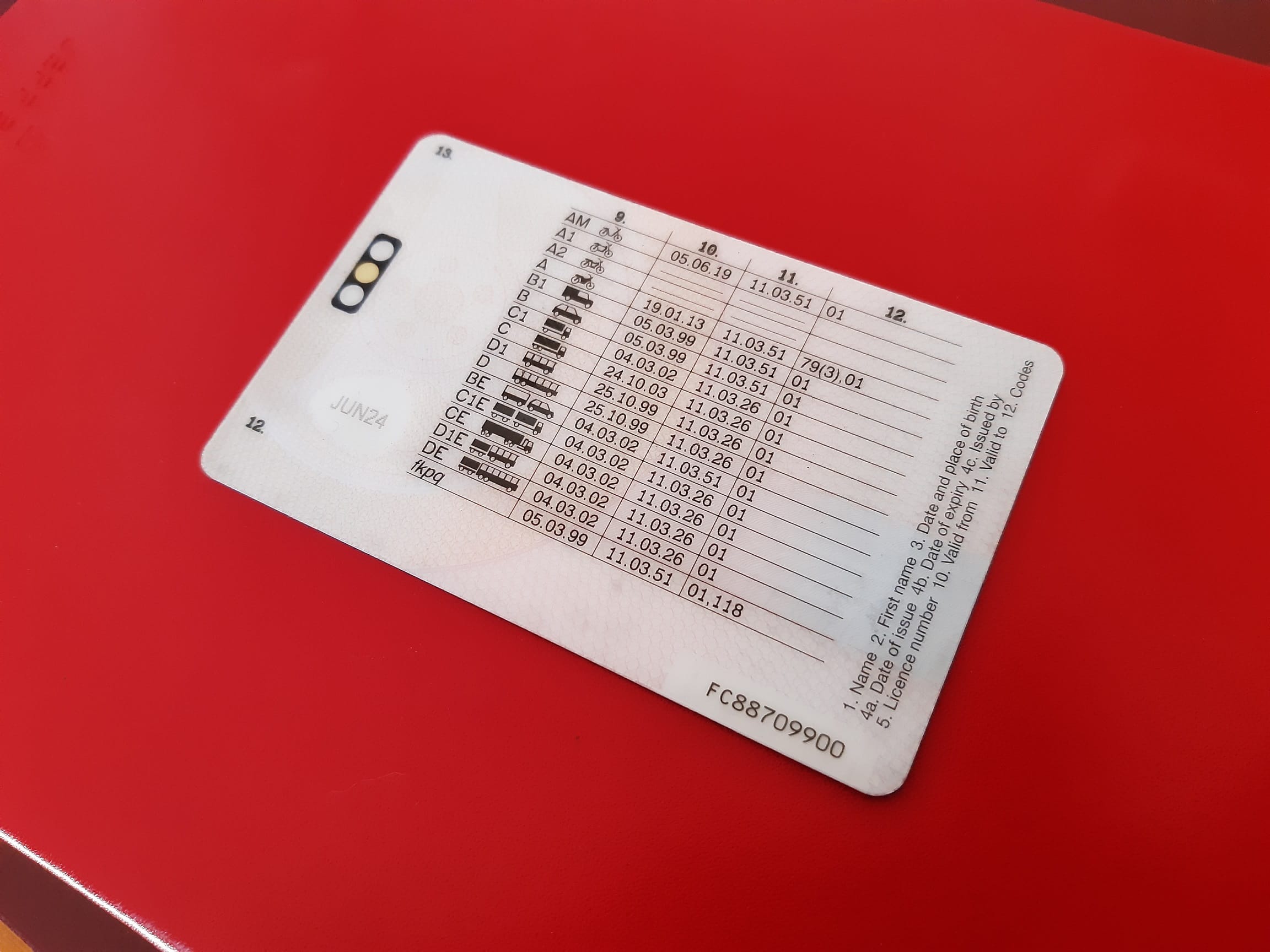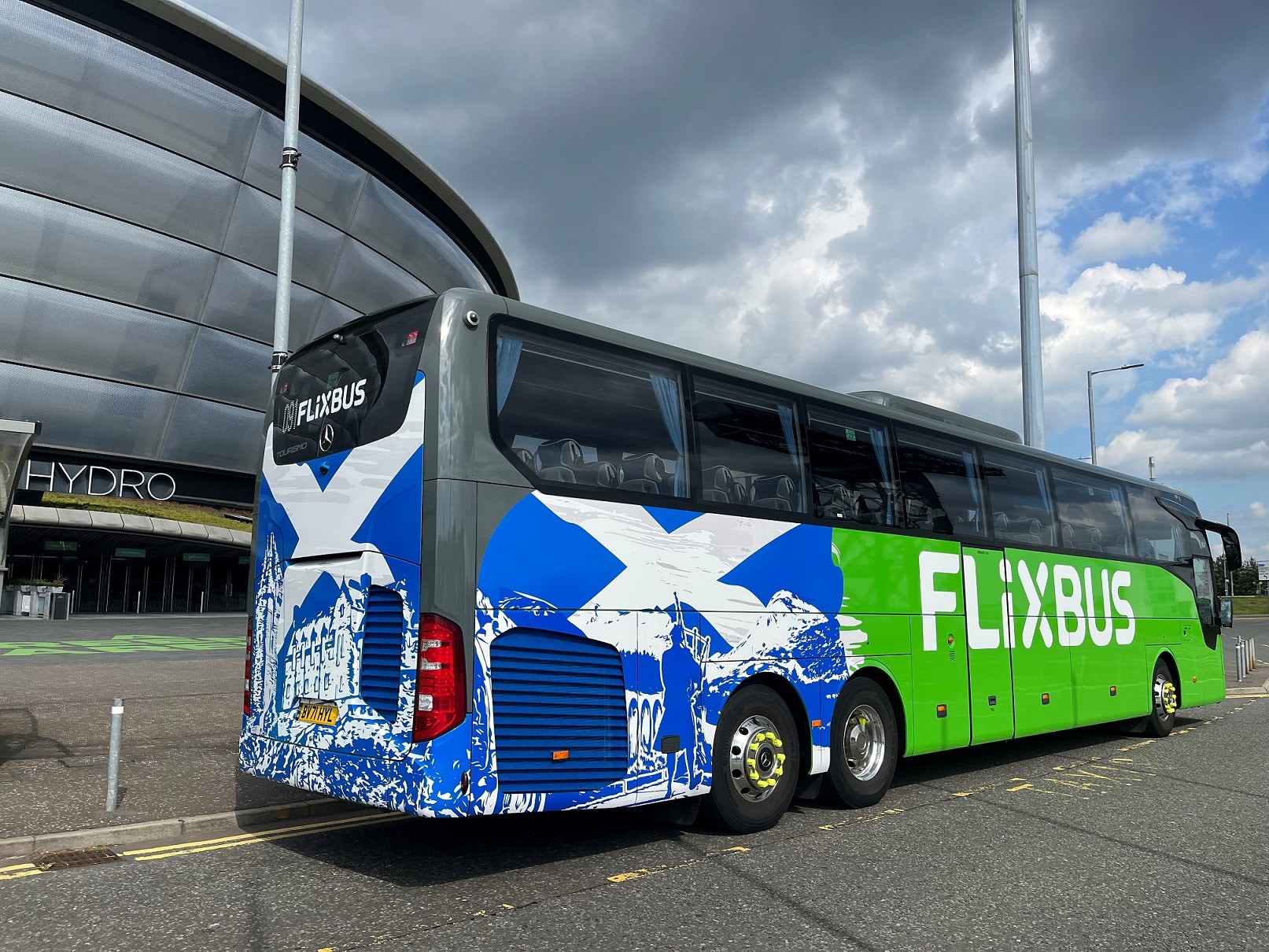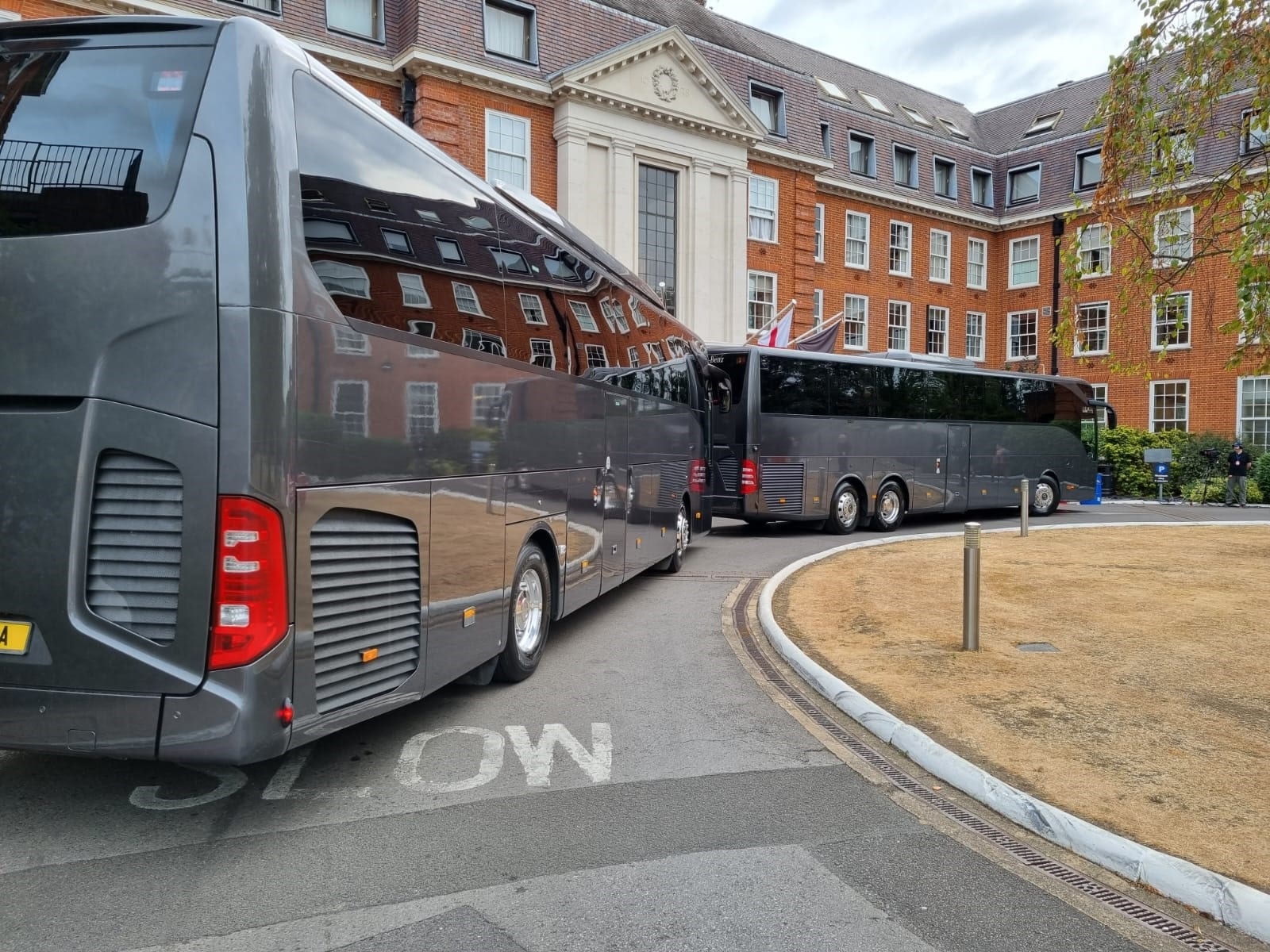Proposed changes to the award of category D1 driving entitlement and the return of the strictly limited ability of some category C licence holders to drive a PCV form part of a call for evidence issued by the Department for Transport (DfT) on possible change to the licencing regime.
For minibuses, DfT proposes that holders of category B entitlement for a car are granted a category D1 licence, which captures a minibus with no more than 16 passenger seats.
While how that change would be defined if it was adopted remains to be seen, the call for evidence specifically notes that where a minibus is driven commercially, a Driver CPC (DCPC) is required. However, a policy review of DCPC is complete and its recommendations will be published “soon.”
The call for evidence does not suggest that the 101 restriction, which prohibits hire and reward, would be applied to category D1 entitlement granted to holders of category B licences if DfT’s proposals are introduced. That restriction was attached to D1 entitlement that was previously granted to holders of category B licences until the practice ended in 1997.
DfT accepts that removal of a testing requirement to drive a category D1 vehicle “may increase accident rates” and it is thus seeking balanced views on whether the change could be made in “a positive way.” However, the Department adds that alterations “may allow local authorities to meet their statutory obligations around home-to-school travel” more easily and at lower cost than currently.
Separately, the call for evidence also advocates reintroducing the relaxation that allows a person who has held a category C licence for at least two years to drive a PCV for maintenance and repair purposes. The previous entitlement to do so was revoked at the end of 2014.
“We need to consider whether this would compromise road safety but recognise that coaches or buses would be driven in very limited circumstances without passengers. We must also consider the scale of any international impact, but as the change is very slight it would affect in real terms only a handful of drivers,” the call for evidence notes.
Read the call for evidence here. Responses may be submitted online, via email or by post until the closing date of 28 October.



























